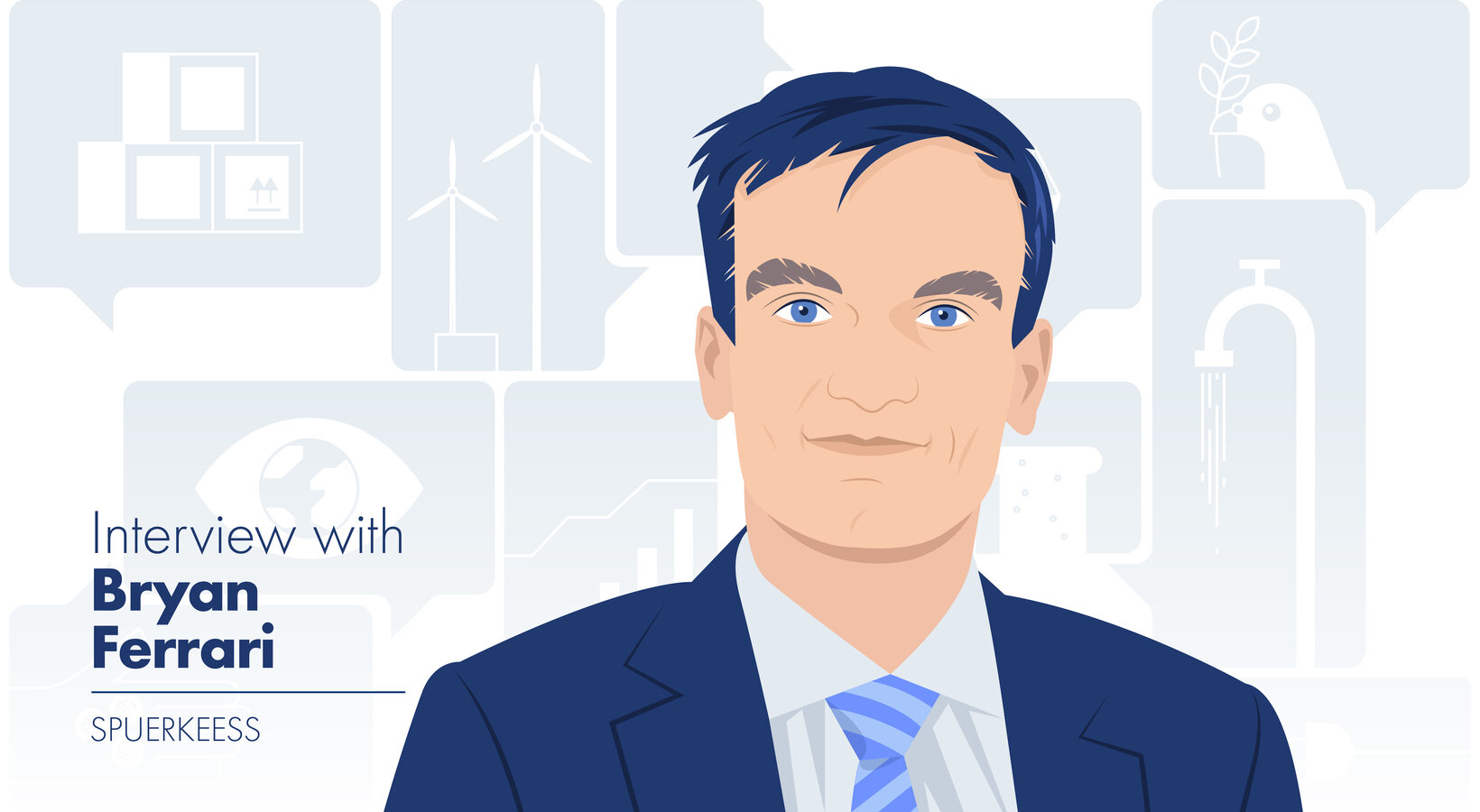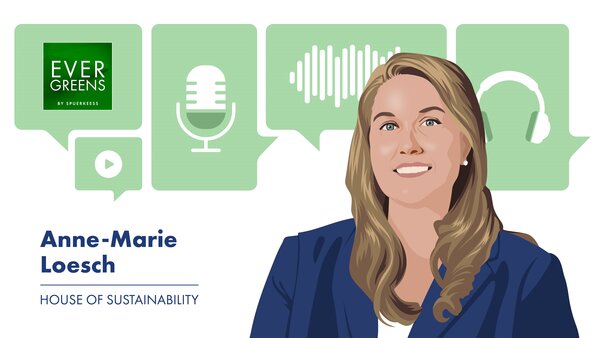There are many green funds and stocks to choose from, and the best ones for you will depend on your investment goals as well as your risk tolerance. Information is key, hence, browsing to the different web pages of the fund providers allows the potential investor to become familiar with the philosophy and the investment products of an asset manager.
I tend to prefer the "pure" players, those who have sustainable investments in their DNA and have been doing it for decades already while there are also some bigger, more generalist investment outfits that are making an excellent job. When it comes to sustainable stocks, it is rather tricky and dangerous as the "pure" players are usually smaller companies and, therefore, tend to be a bit more volatile than their bigger counterparts.
The same principle can be applied to the stocks: having a look at the web page and looking into the Corporate Social Responsibility report can provide clarity about a company's objectives.
Let me share a little secret: A good place to start is with your favourite sustainable fund and familiarise yourself with the holdings...and maybe even buy one of these companies directly if it fits your criteria!



![[Translate to English:] [Translate to English:]](/fileadmin/_processed_/9/7/csm_426_EXP_Romy_Reding_Spuerkeess_28mars25_f6a6df7a8f.jpg)
![[Translate to English:] [Translate to English:]](/fileadmin/_processed_/5/8/csm_SP_175_Illustration_422_EXP_Bertrand_Lathoud_Luxembourg_House_of_Cybersecurity_d8f6d97d0e.jpg)
![[Translate to English:] [Translate to English:]](/fileadmin/_processed_/f/5/csm_SP_171_Illustration_420_EXP_Philippe_Parage_CN3_77e5a0f32e.jpg)
![[Translate to English:] [Translate to English:]](/fileadmin/_processed_/5/8/csm_SP_171_Illustration_420_EXP_Lars_Weber_Spuerkeess_301b899cc5.jpg)

![[Translate to English:] [Translate to English:]](/fileadmin/_processed_/8/7/csm_410_EXP_Luigi_Garofoli_Spuerkeess_6fe92987c1.jpg)
![[Translate to English:] [Translate to English:]](/fileadmin/_processed_/7/d/csm_417_RSE_Max_Didier_CDCL_ac53048797.jpg)
![[Translate to English:] [Translate to English:]](/fileadmin/_processed_/1/7/csm_416_EXP_Marco_Rasque_Da_Silva_Spuerkeess__1__33f3f45032.jpg)
![[Translate to English:] [Translate to English:]](/fileadmin/_processed_/9/a/csm_415_EXP_Stephanie_Damge_House_of_Entrepreneurship_ef4a4a81e8.jpg)
![[Translate to English:] [Translate to English:]](/fileadmin/_processed_/3/6/csm_414_EXP_Tom_Wirion_68ffad8a51.jpg)
![[Translate to English:] [Translate to English:]](/fileadmin/_processed_/0/7/csm_Jessica_Thyrion_ESG_080dab77d5.png)